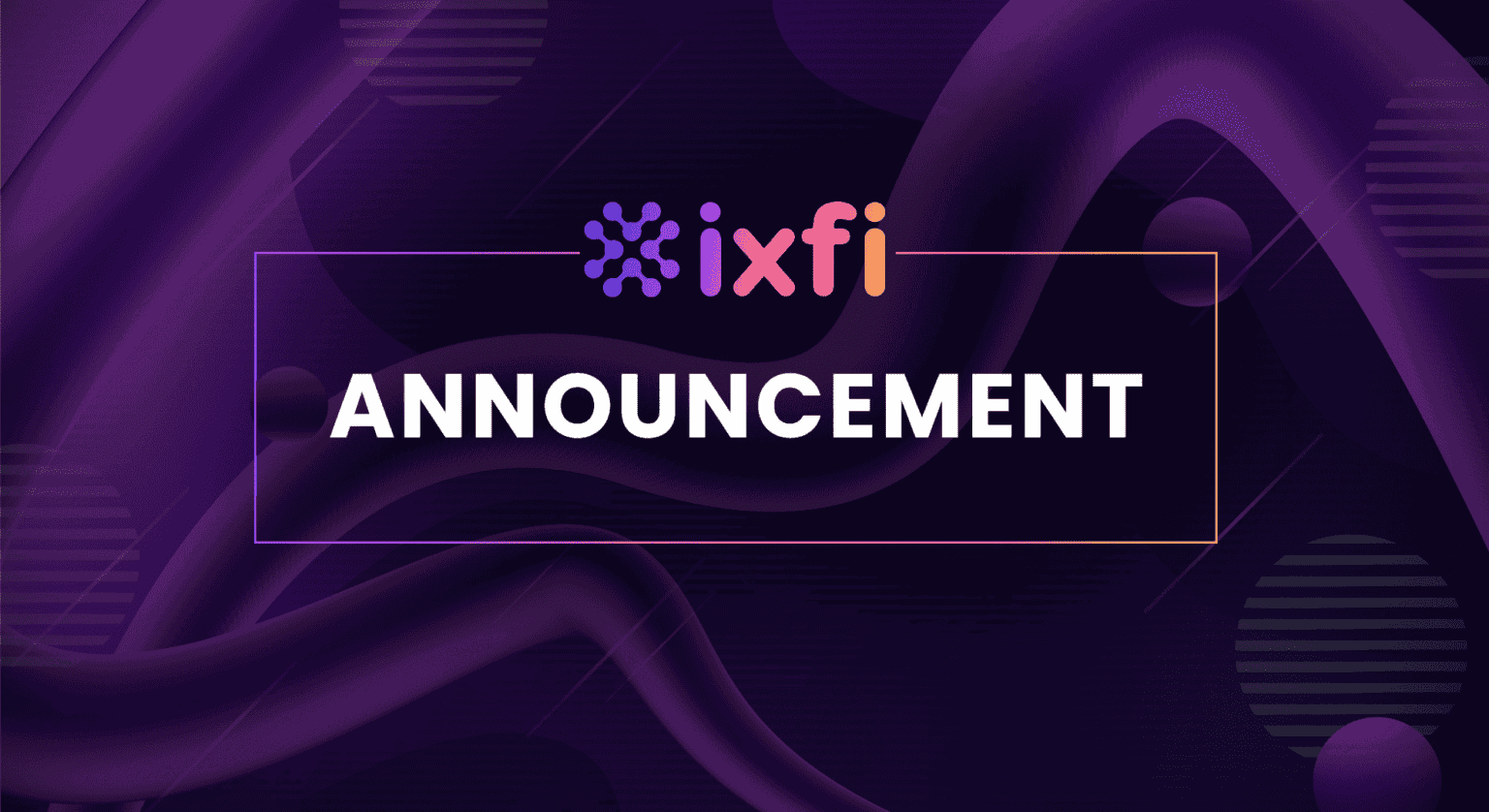If there is one word that has been attracting everyone’s attention in finance, it is “cryptocurrency”. You have probably been desperately trying to research blockchain technology and various digital currencies, including Bitcoin and Ethereum. If you have been struggling with getting started in crypto investing, you may consider looking into investing in an initial coin offering (ICO).
So What Exactly Is an ICO, anyway?
Initial Coin Offering (ICO) is inspired by Initial Public Offering (IPO), which involves selling company shares on a stock exchange market to raise capital or provide liquidity to the company’s early investors or founders. However, unlike IPO, ICO does not result in owning a part of the company you are investing in. The assumption under the ICO investment is that the worthless currency you are buying now will increase in value later and make you money.
To help you understand how ICO works, imagine this: a startup has an outstanding idea about a new cryptocurrency system, we will call it “DigiCoin”. However, the company lacks the capital required to make the actual currency and needs investors’ funding. While options such as sourcing from venture capitalist investors can help, it may require the founder to give up part of the startup’s ownership. So, what if the founders do not want to give up ownership? They can opt for crowdfunding, where willing investors will send money to the startup and get the DigiCoin in return. In this case, the ICO involves buying DigiCoin but not the startup’s stock. In this case, the investors hope that the worthless DigiCoin will increase in value when the idea is actualized and make them more money.
While the idea of buying units of a digital currency that is not already built may sound scary, ICOs have gained massive popularity in recent years. The hype surrounding cryptocurrency, led by the growing value of Bitcoin and Ethereum, has significantly boosted the success of ICOs. For example, the Bancor project raised $153 million within a few hours, while Status.im raised approximately $64 million. ICO investments in blockchain have superseded the traditional venture capital funding after blockchain entrepreneurs raised $327m through ICO offerings compared to $295m raised through VC funding in 2017. These statistics reflect on the growing interest in ICOs and the cryptocurrency industry in general, while the transition from VC investment to ICO indicates the sector’s openness to innovation and evolution.
But Let’s Get to the Real Question: Should You Invest in ICOs?
While buying cryptocurrencies and investing in ICOs is risky, they are high-return investments. The progress made so far in the cryptocurrency industry indicates potential future growth as the world increasingly becomes digitalized.
Investing in an ICO allows you to participate in an ambitious project and make profits once it succeeds. The tokens acquired from the ICOs grant you multiple benefits as their value increase over the years. For example, in 2014, the Ethereum blockchain project sold a coin for $0.40 and raised USD 18 million in bitcoins. Fast forward to 2022, the same coin has seen highs of over $3,00. The investors who believed in Ethereum’s potential are currently reaping the benefits and making large profits. From these perspectives, the answer is “yes”. You should invest in ICOs.
However, it is wise to ensure that you do not invest large sums that you cannot afford to lose especially given the volatility of digital currencies.
With that said, here are a few factors you can consider before making the financial commitment in an ICO offering:
1. Do the ICO offering or the new cryptocurrency system make business sense?
2. Is there a demand for the proposed crypto product?
3. Does the business offering the ICO need a cryptocurrency token system to work?
For example, Kodak and RYDE Holding Inc. had a license agreement to develop a photographer-oriented blockchain cryptocurrency, KodakCoin. The digital currency was intended for payments for licensing photographs. However, the concept failed, and the project was halted. Thus, it is critical to analyze if the company involved and its operations can function under the cryptosystem.
4. Can you commit the money without struggling financially?
ICO is basically like donating money since there are no regulations or guaranteed returns such as dividends as in IPO. Therefore, it is crucial to ensure that you only commit money you can afford to lose.
An ICO company has no functional product. Instead, it sells crypto coins in the hope of becoming successful after the official launch. Therefore, although ICO offerings can be highly profitable, they are equally risky. It is critical to use due diligence similar to that of investors investing in traditional marketplaces before committing your money to a startup, and most definitely, work with experts in the industry.
We at IXFI want to bring our readers valuable information regarding the latest developments in the crypto industry. If you want to read more, our Medium blog is the perfect place to start. For those of you more interested in the practical part, Your Friendly Crypto Exchange has all your needs covered and more, so register on IXFI today.
Disclaimer: The content of this article is not investment advice and does not constitute an offer or solicitation to offer or recommendation of any investment product. It is for general purposes only and does not take into account your individual needs, investment objectives and specific financial and fiscal circumstances.
Although the material contained in this article was prepared based on information from public and private sources that IXFI believes to be reliable, no representation, warranty or undertaking, stated or implied, is given as to the accuracy of the information contained herein, and IXFI expressly disclaims any liability for the accuracy and completeness of the information contained in this article.
Investment involves risk; any ideas or strategies discussed herein should therefore not be undertaken by any individual without prior consultation with a financial professional for the purpose of assessing whether the ideas or strategies that are discussed are suitable to you based on your own personal financial and fiscal objectives, needs and risk tolerance. IXFI expressly disclaims any liability or loss incurred by any person who acts on the information, ideas or strategies discussed herein.


